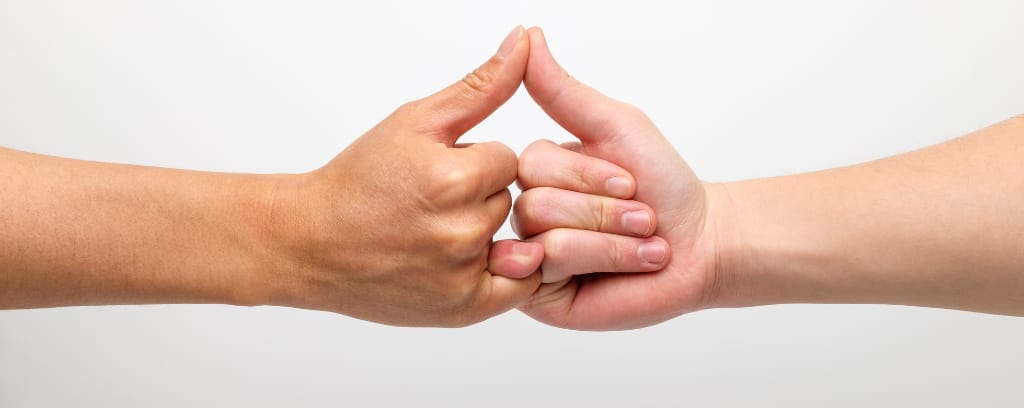DISCLAIMER: This post provides general information about employee performance. It does not contain legal advice. Before you choose to incorporate employee performance oaths in your procedures, we recommend you consult an employment attorney in the jurisdiction(s) where your employees work.
Many professionals take oaths when they are approved for licensure. Doctors take the Hippocratic oath. Lawyers swear to uphold the laws of the countries and states in which they will practice. Governmental leaders take the oath of office. Witnesses swear to tell the whole truth when testifying. Even marrying couples state their intentions in their vows.
The Power of Ritual
There is power in oath rituals, at least for people who value their word. For purposes of this post, I will assume your interview process screens for inconsistencies in candidates’ applications and that by the time you extend someone an offer, you have decided you have enough evidence to suggest they have the requisite level of integrity. If you aren’t sure, you aren’t ready to make the offer.
After you have made a specific job offer to an interviewee who accepts the terms of the employment relationship, it might benefit both of you to have the new employee sign an employee performance oath:
I agree to perform the below duties of a [job title, linked to written job description] for [employer name] beginning on [start date] and continuing until my employment in this position ends.
I will conduct myself at all times with integrity and civility.
I acknowledge that the duties of my job might change as the needs of the employer’s business change. I promise to ask for clarification when I need it. I will also notify my supervisor if I cannot perform the essential functions of my job or am having difficulty meeting my obligations.
I understand this oath does not create an employment contract and that my employment remains at-will. I can leave the position upon my own free will. Likewise, my employer may terminate our relationship upon its own free will.
Frequently Asked Questions About Oaths
Q: What is the purpose of an oath?
A: An oath is intended to encourage truthfulness and loyalty. It is a promise or a set of promises that you can arguably hold people accountable for fulfilling.
Q: Is an electronically-signed oath valid?
A: Yes. Especially since March 2020 when nearly everyone learned to work in a virtual business world, most oaths can be accepted in a variety of forms.
Q: Can’t people take an oath and still lie?
A: Yes. However, like many actions humans take, lying or violating an oath can be costly. Witnesses can go to jail. Doctors and lawyers can lose their licenses to work in their professions. Spouses can sue to dissolve a marriage. Employees can be terminated for cause, even if they have a special status that changes their at-will employment.
Does your workplace lack integrity?

